10 Foods That Can Trigger Kidney Stones
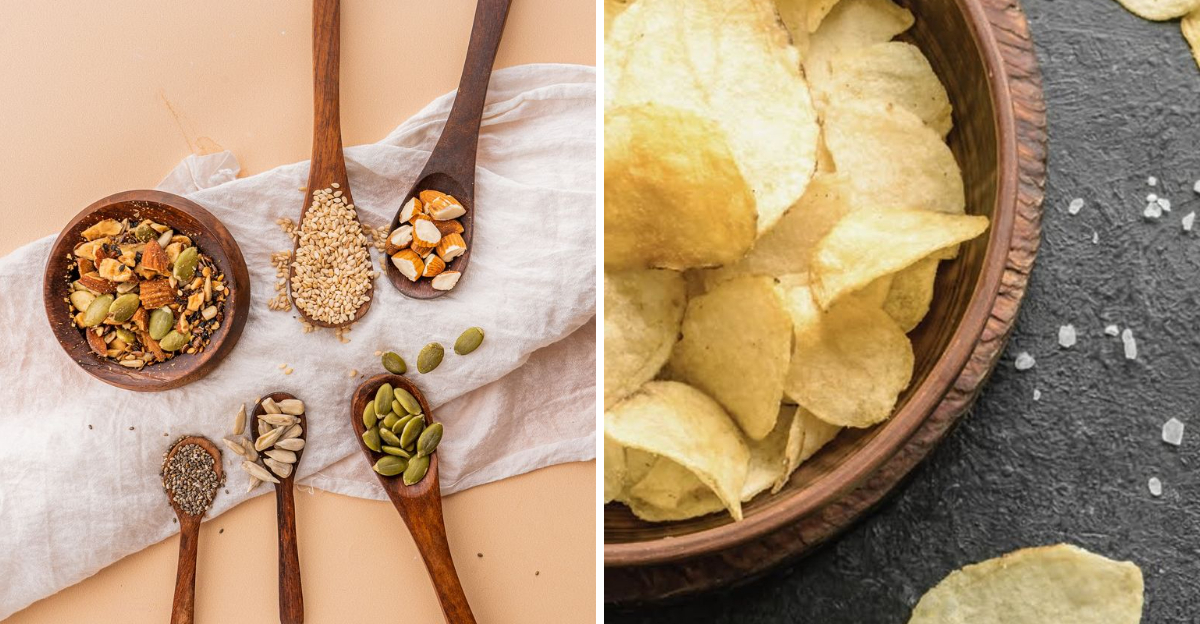
Kidney stones can be a painful and recurring problem for many. While there are various causes, diet plays a significant role in their development. Certain foods are known to increase the risk of forming these pesky stones. Here, we explore ten common foods that might be best avoided or consumed in moderation to keep kidney stones at bay. Understanding the dietary triggers can be an essential step in managing or preventing this condition. Let’s delve into these ten foods that could be culprits in kidney stone formation.
1. Spinach
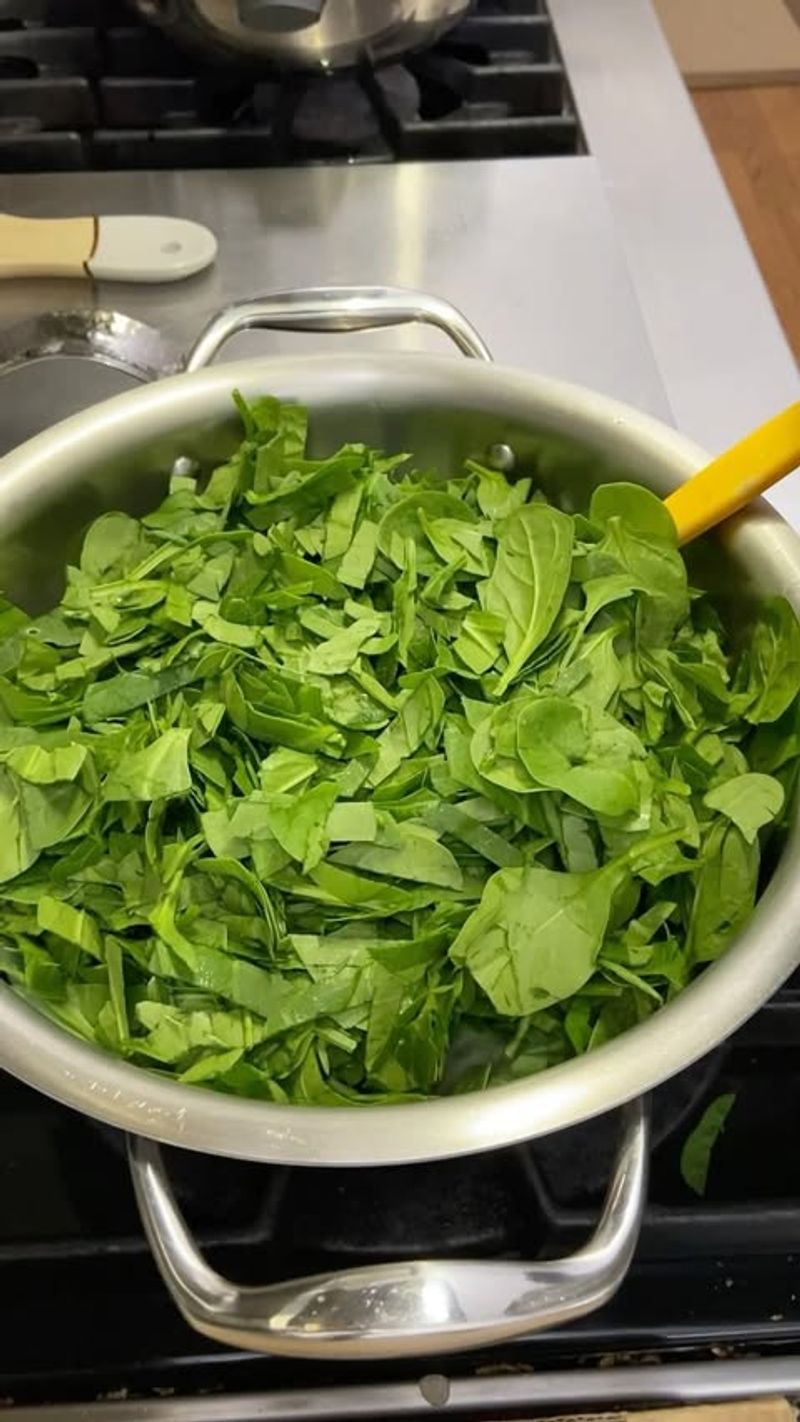
Spinach is rich in oxalates, which can contribute to kidney stone formation. When consumed in large quantities, these compounds may crystallize in the kidneys, leading to painful stones. Though spinach is packed with nutrients and vitamins, moderation is key for those prone to stones. Consider balancing your diet by pairing spinach with calcium-rich foods, as calcium can bind to oxalate in the digestive tract and reduce absorption. Enjoy spinach salads but be mindful of portion sizes. For those susceptible to stones, including a variety of greens might be a safer choice.
2. Beetroot

Beetroot is another vegetable high in oxalates, which can exacerbate kidney stone problems. The vibrant root vegetable adds a beautiful color and earthy flavor to dishes, but those prone to stones should be cautious. Eating beetroot in large amounts can lead to increased oxalate levels in the body. Incorporating variety in your vegetable intake can help mitigate this risk. Adding other low-oxalate vegetables to your meals ensures you still get a broad range of nutrients. Balancing beetroot with calcium sources could also be beneficial in reducing stone formation.
3. Nuts and Seeds
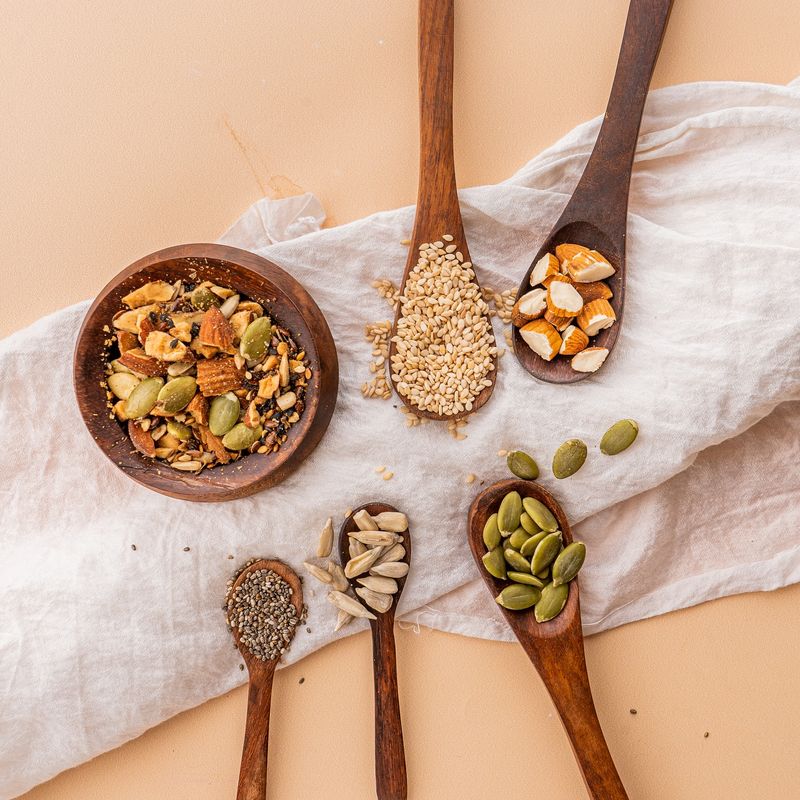
Nuts and seeds are healthy snacks but can be high in oxalates, contributing to kidney stone development. Almonds, walnuts, and sunflower seeds are popular choices that should be consumed judiciously by those at risk. Incorporating nuts and seeds into a balanced diet is possible with careful planning. Try limiting portion sizes and combining them with other low-oxalate foods to reduce potential impacts. Diversifying your snack options can also help manage oxalate intake. Remember, variety is a cornerstone of a healthy diet and can prevent monotony in your meals.
4. Chocolate

Chocolate lovers may be disheartened to learn that this sweet treat contains oxalates, which can lead to kidney stones. While dark chocolate is often hailed for its antioxidant properties, moderation is vital. Limiting chocolate consumption can help reduce oxalate intake for those susceptible to stones. Enjoy chocolate as an occasional indulgence rather than a daily staple. Pairing chocolate with milk or other calcium-rich foods may mitigate some risks. By being mindful of portion sizes and frequency, chocolate can still be part of a balanced and kidney-friendly diet.
5. Rhubarb
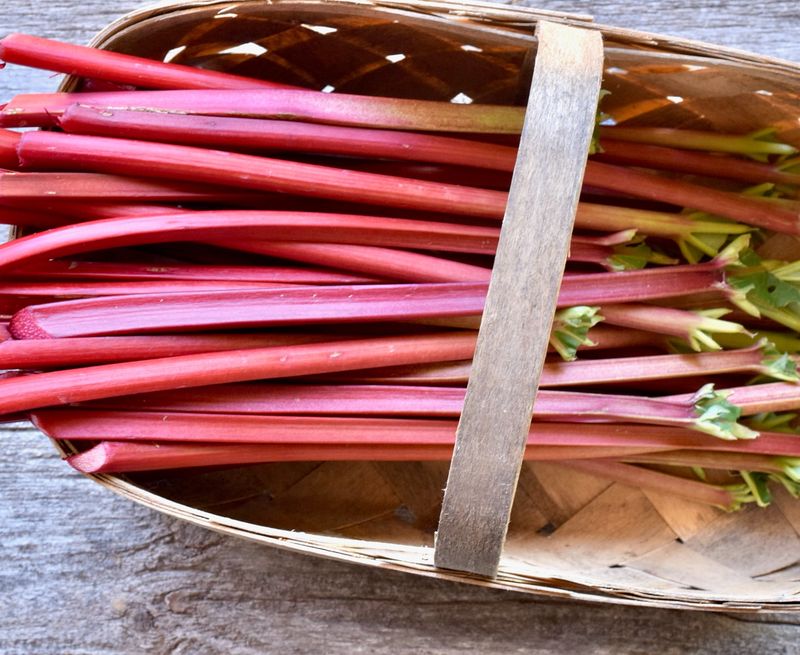
Rhubarb is celebrated for its tart flavor in pies and desserts but can be problematic for kidney stone sufferers. High in oxalates, rhubarb should be eaten sparingly by those prone to stones. Exploring alternative fruits with lower oxalate content can provide similar culinary delights without the risk. Experimenting with different flavors and textures in your recipes can bring variety to your meals. Consider rhubarb as an occasional treat rather than a regular ingredient. By diversifying your fruit intake, you can enjoy the pleasures of cooking while minimizing stone formation.
6. Tea

Tea, especially black tea, is a beloved beverage worldwide, but it can be high in oxalates. Regular consumption may increase the risk of kidney stones for some individuals. Exploring herbal or green alternatives might offer a safer choice without compromising flavor. Balancing your tea consumption with adequate hydration can also be beneficial in preventing stones. Enjoying tea in moderation and experimenting with different blends can add excitement to your tea-drinking routine. Being aware of your overall oxalate intake will help you continue savoring this comforting drink.
7. Cola Drinks

Cola drinks might be refreshing but they contain phosphoric acid, which can contribute to kidney stones. High sugar content in colas is also a concern, potentially affecting overall kidney health. Opting for water or natural fruit juices can be a healthier choice for maintaining hydration without the risks. Reducing cola intake can significantly benefit those prone to kidney stones. Staying mindful of portion sizes and frequency ensures you continue enjoying your favorite beverages responsibly. Exploring non-cola alternatives can introduce new flavors and choices into your diet.
8. Animal Protein

Animal protein, particularly red meat, can increase uric acid levels, leading to kidney stone formation. Those susceptible to stones should consider moderating their meat intake. Trying plant-based protein sources offers a variety of flavors and textures while supporting kidney health. Balancing your diet with plenty of fruits and vegetables ensures a broad nutrient intake. Exploring new recipes and cuisines can make the transition enjoyable and fulfilling. By being mindful of portion sizes and frequency, you can still savor meat dishes without increasing stone risks.
9. Salty Foods
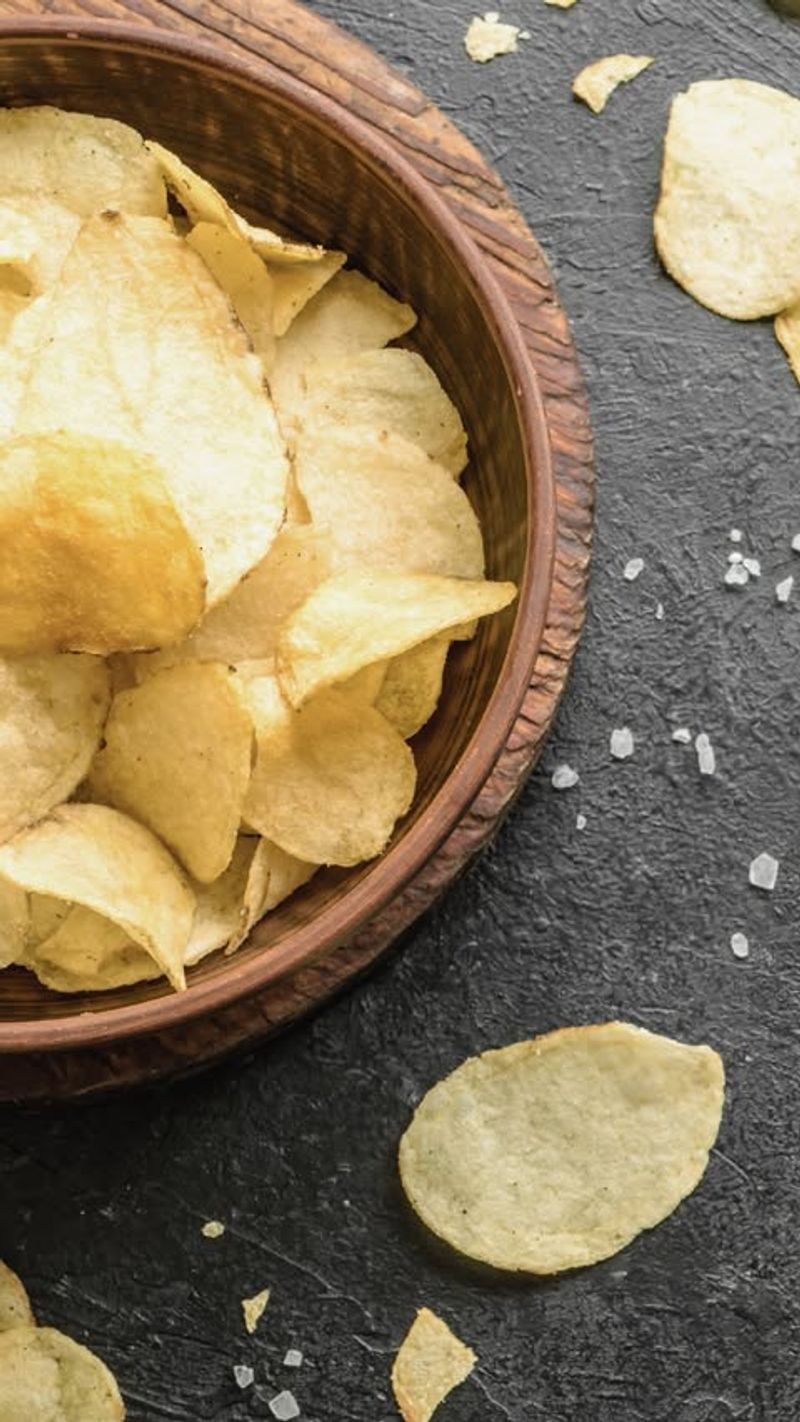
Salty foods, such as chips and pretzels, may elevate calcium levels in urine, enhancing the risk of kidney stones. Moderation is crucial for those prone to stones. Exploring unsalted or low-sodium alternatives can satisfy cravings without the associated risks. Incorporating other flavorful spices and herbs in your cooking can provide savory enjoyment without excess salt. Being conscious of your salt intake helps maintain overall health and prevents stone formation. By diversifying your snack options, you can enjoy a wide range of flavors while supporting kidney health.
10. Soy Products
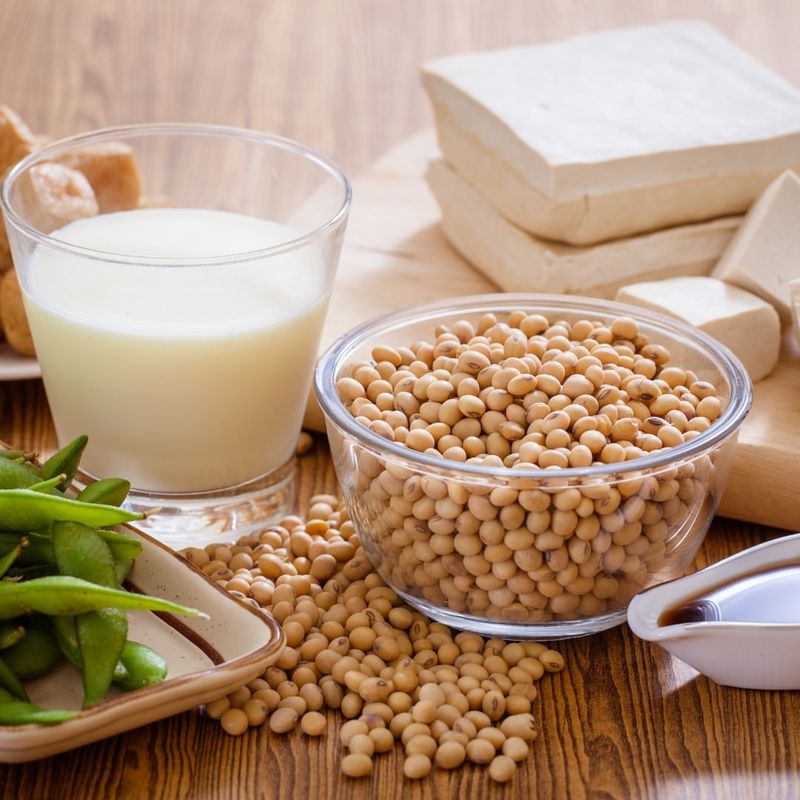
Soy products like tofu and soy milk are popular protein sources but can be high in oxalates. Individuals prone to kidney stones should consume these foods in moderation. Exploring other plant-based protein options ensures a varied and balanced diet. Including a wide range of fruits and vegetables can enhance nutrient intake and add excitement to meals. Trying new recipes that incorporate different proteins and flavors can keep your diet interesting and kidney-friendly. By being aware of portion sizes and frequency, soy products can remain part of a healthy lifestyle.
